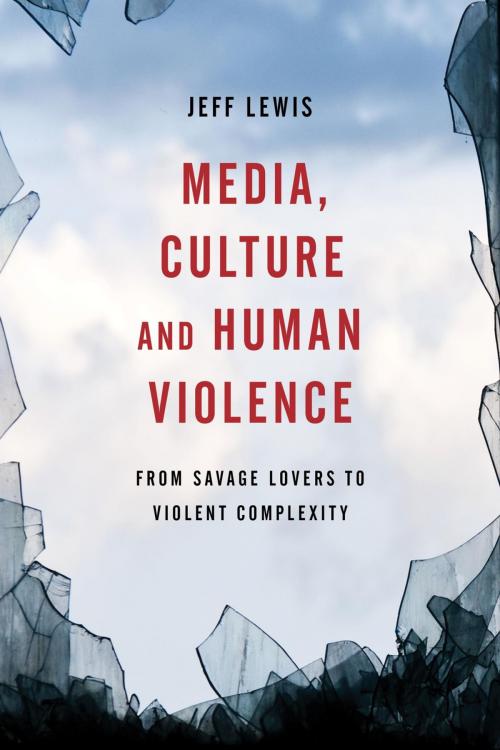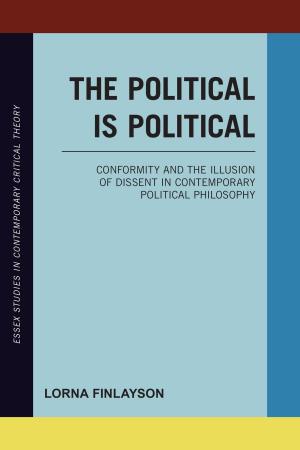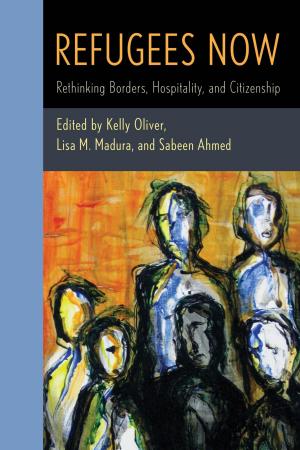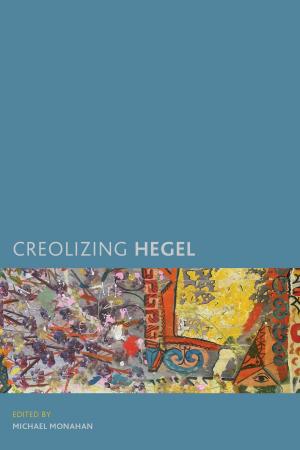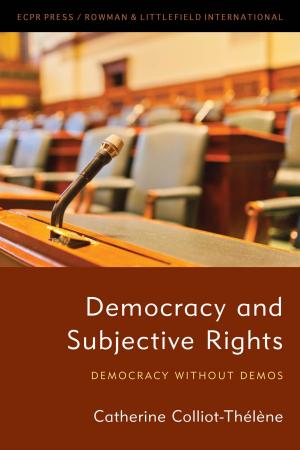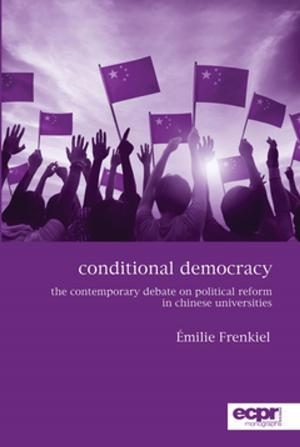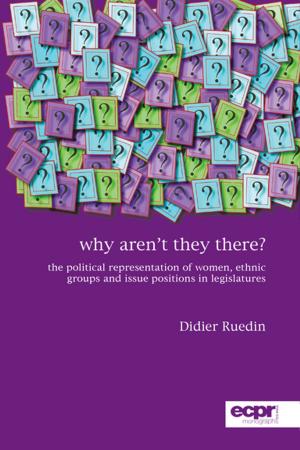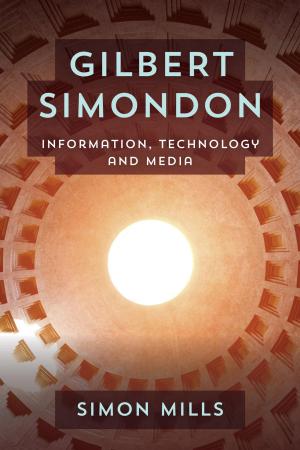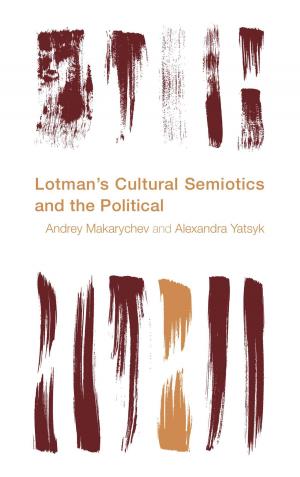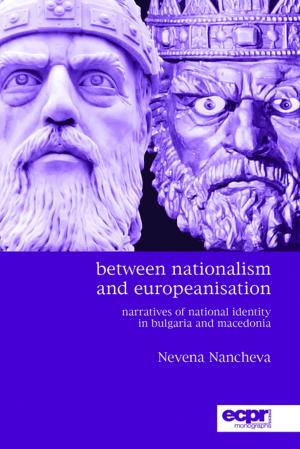Media, Culture and Human Violence
From Savage Lovers to Violent Complexity
Nonfiction, Social & Cultural Studies, Social Science, Cultural Studies, Death & Dying, Anthropology| Author: | Jeff Lewis, Professor of Media and Communication at RMIT University, Australia | ISBN: | 9781783485161 |
| Publisher: | Rowman & Littlefield International | Publication: | November 18, 2015 |
| Imprint: | Rowman & Littlefield International | Language: | English |
| Author: | Jeff Lewis, Professor of Media and Communication at RMIT University, Australia |
| ISBN: | 9781783485161 |
| Publisher: | Rowman & Littlefield International |
| Publication: | November 18, 2015 |
| Imprint: | Rowman & Littlefield International |
| Language: | English |
Humans of the advanced world are the most violent beings of all times. This violence is evident in the conditions of perpetual warfare and the accumulation of the most powerful and destructive arsenal ever known to humankind. It is also evident in the devastating impact of advanced world economy and cultural practices which have led to ecological devastation and the current era of mass species extinction. —one of only six mass extinction events in planetary history and the only one caused by the actions of a single species, humans. This violence is manifest in our interpersonal relationships, and the ways in which we organize ourselves through hierarchical systems that ensure the wealth and privilege of some, against the penury and misery of others.
In this new and highly original book, Jeff Lewisargues that violence is deeply inscribed in human culture, thinking and expressive systems (media). Lewis contends that violence is not an inescapable feature of an aggressive human nature. Rather, violence is laced through our desires and dispositions to communalism and expressive interaction. From the near extinction of all Homo sapiens, around 74,000 years ago, the invention of culture and media enabled humans to imagine and articulate particular choices and pleasures. Organized intergroup violence or warfare emerged through the exercise of these choices and their expression through larger and increasingly complex human societies. This agitation of amplified desire, hierarchical social organization and mediated knowledge systems has created a cultural volition of violent complexity which continues into the present.
Media, Culture and Human Violence examines the current conditions of conflict and harm as an expression of our violent complexity.
Humans of the advanced world are the most violent beings of all times. This violence is evident in the conditions of perpetual warfare and the accumulation of the most powerful and destructive arsenal ever known to humankind. It is also evident in the devastating impact of advanced world economy and cultural practices which have led to ecological devastation and the current era of mass species extinction. —one of only six mass extinction events in planetary history and the only one caused by the actions of a single species, humans. This violence is manifest in our interpersonal relationships, and the ways in which we organize ourselves through hierarchical systems that ensure the wealth and privilege of some, against the penury and misery of others.
In this new and highly original book, Jeff Lewisargues that violence is deeply inscribed in human culture, thinking and expressive systems (media). Lewis contends that violence is not an inescapable feature of an aggressive human nature. Rather, violence is laced through our desires and dispositions to communalism and expressive interaction. From the near extinction of all Homo sapiens, around 74,000 years ago, the invention of culture and media enabled humans to imagine and articulate particular choices and pleasures. Organized intergroup violence or warfare emerged through the exercise of these choices and their expression through larger and increasingly complex human societies. This agitation of amplified desire, hierarchical social organization and mediated knowledge systems has created a cultural volition of violent complexity which continues into the present.
Media, Culture and Human Violence examines the current conditions of conflict and harm as an expression of our violent complexity.
